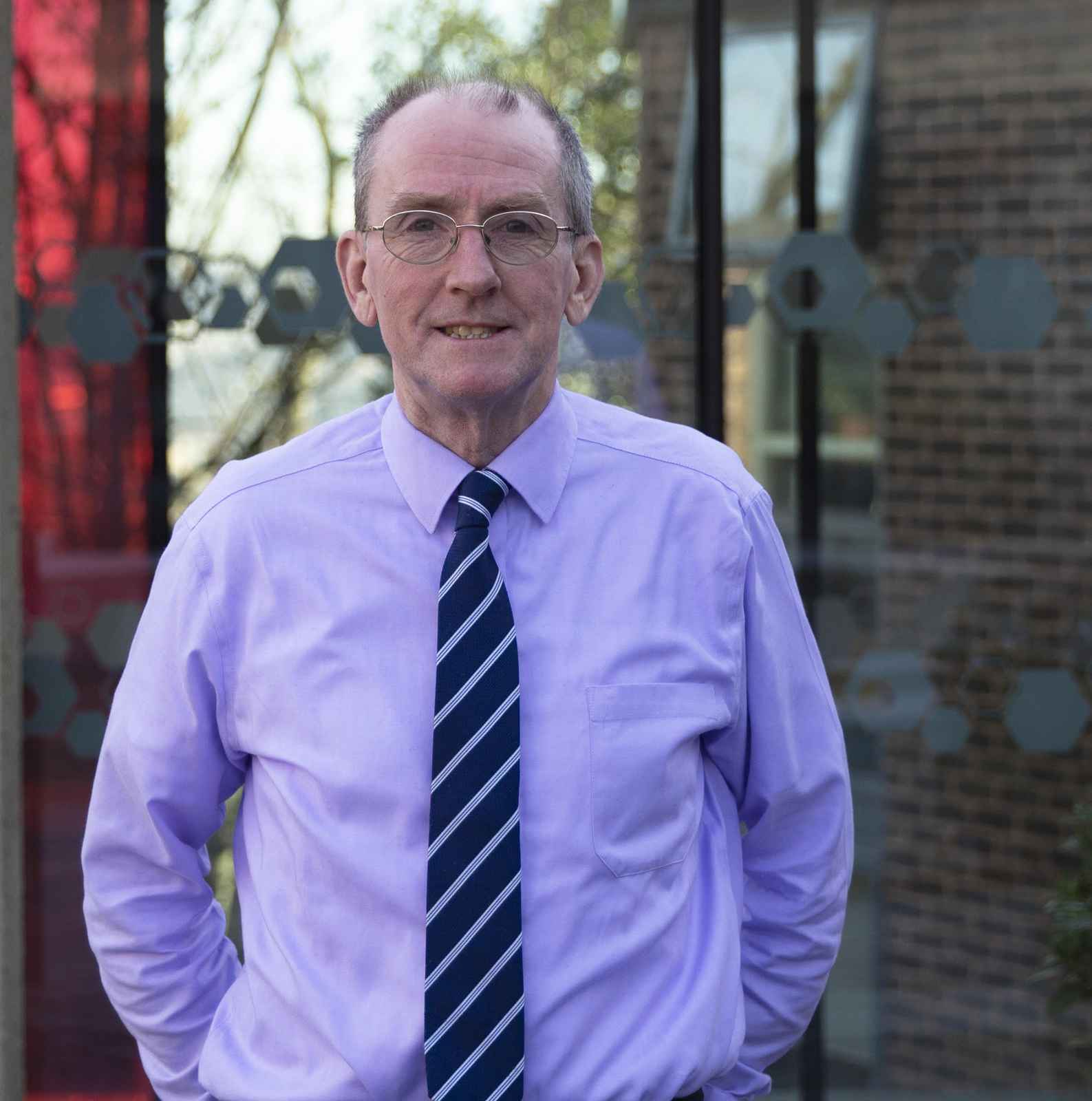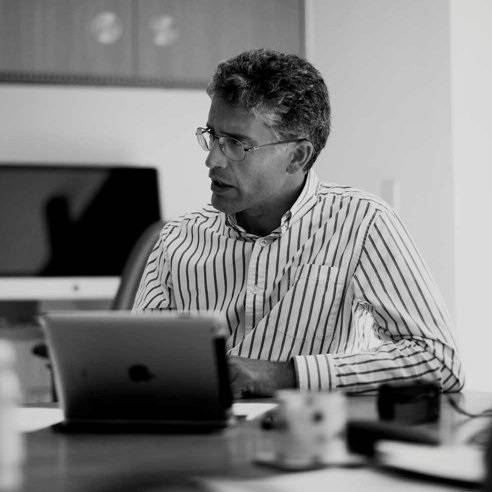This one-day workshop considers the nature of the future, and the extent to which strategy, planning and forecasting can be used at individual and organisational levels. It looks at futures strategies, visioning and the application of imagination which allow us to learn from the future.
It is abundantly clear that accurately predicting and planning for an uncertain future are fraught with problems and no little amount of hubris. The causes of these difficulties have been summarised as volatility, uncertainty, complexity and ambiguity (VUCA). As a result of these failures, planning has become something of a relative backwater from a practical and academic perspective. Indeed, this crisis of confidence in planning was highlighted by Minzberg (1994) in The Rise and Fall of Strategic Planning. Moreover, the extent to which experts are able to predict events has been closely researched and found to be substantially limited (Tetlock, 2005).
Yet, planning is essential for all activities, and Dennison (1951: 56) stated, 'Almost all work, in order to be done at all, must be planned, at the least informally and a few minutes ahead'. Planning may have declined in popularity but it still needs to be considered at individual, organisational, national and global levels.
So what is to be done? If the future cannot be accurately predicted then organisations should make more effective use of foresight techniques including trend analysis and scenario planning, and build competencies for real-time responsiveness and shaping the future through action, as in the aphorism, 'If you want to predict the future you have to create it'. Moreover, there are methods which can help increase the potential to become superforecasters (Tetlock and Gardner, 2015), and these are covered in the workshop.
The aims of the workshop are to help participants:
- Examine the importance and limitations of strategic planning.
- Understand the difficulties of predicting the future in a turbulent world.
- Explore how short-term thinking has endangered the wealth and health of many countries.
- Take the long view to develop more enduring capability.
- Consider destiny and fate.
- Examine the distinctions between risk, chance and luck.
- Create the foundations for organisational strategic thinking.
- Explore futures strategies.
- Examine forecasting methods and tools.
- Undertake visioning strategies to see further into the darkness than other organisations.
- Ensure that planning is effective and efficient.
- Develop resilience capabilities to address unpredictable events.
- Examine the neurological basis of daydreaming.
- Encourage a culture of imagination, invention, innovation and creativity.
- The workshop will provide a toolbox of ideas and strategies which can be applied in the workplace.


